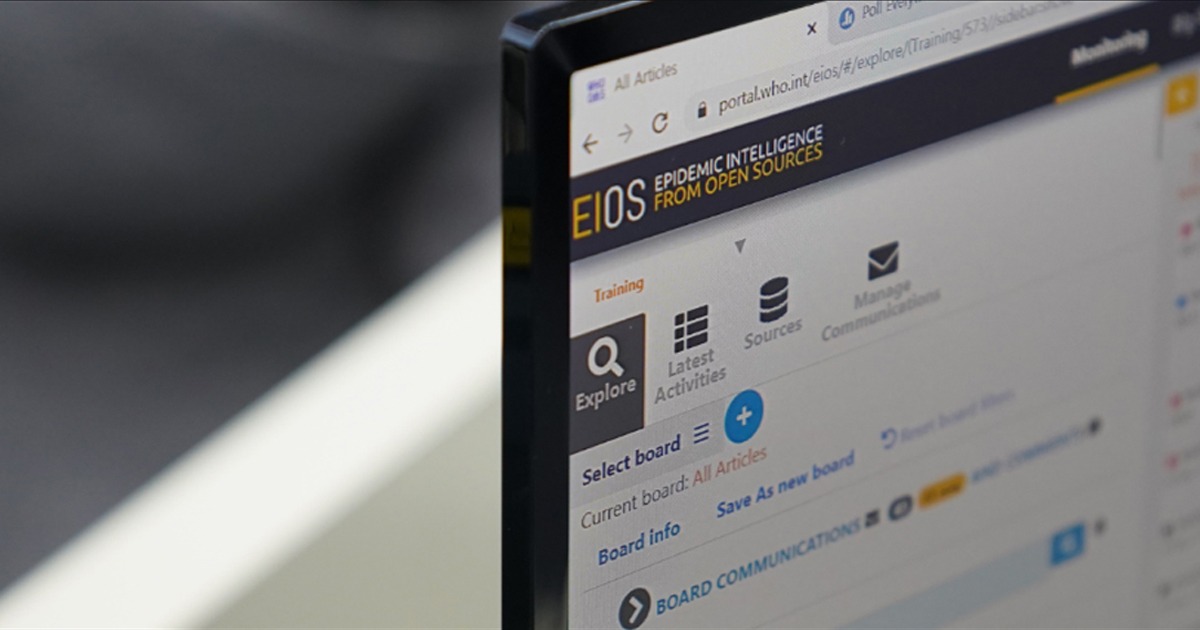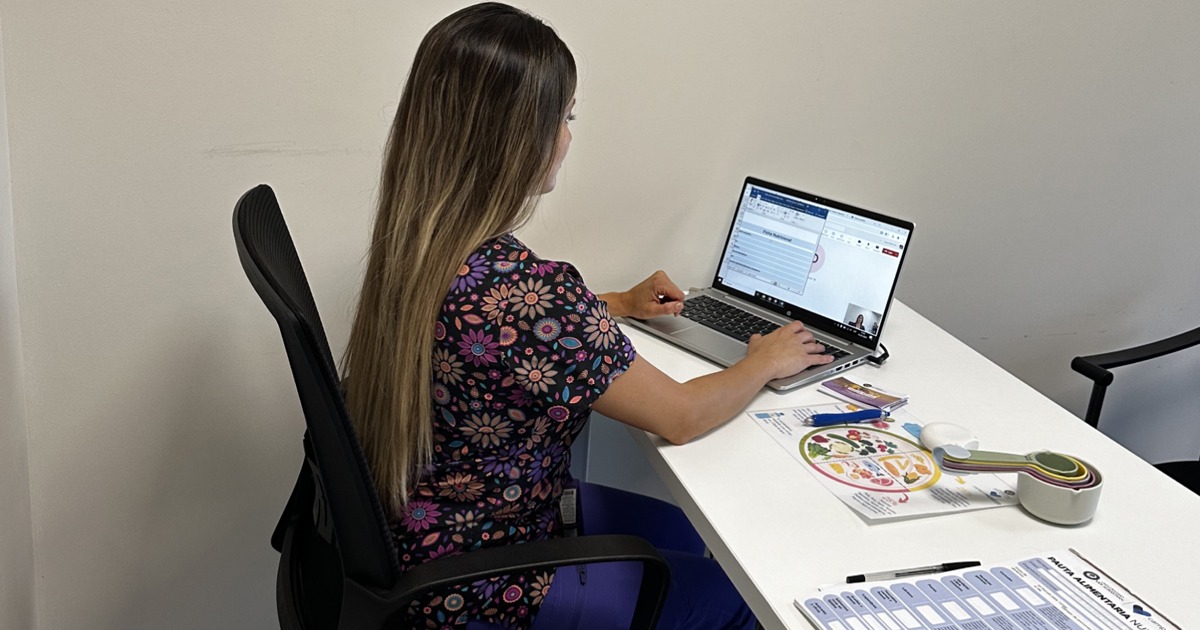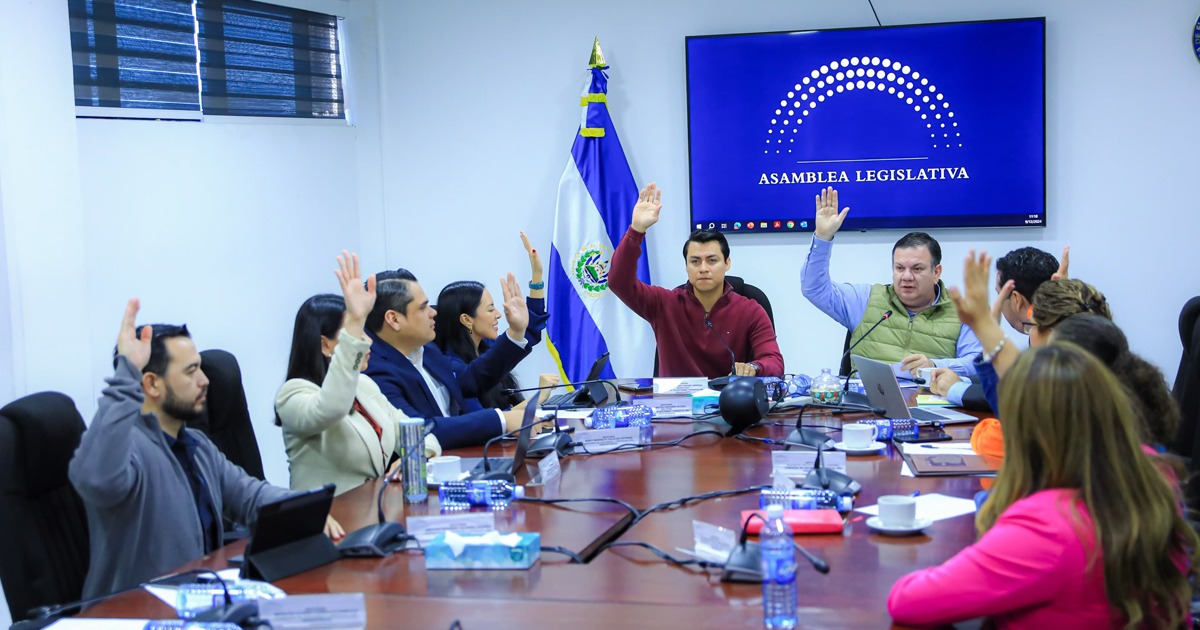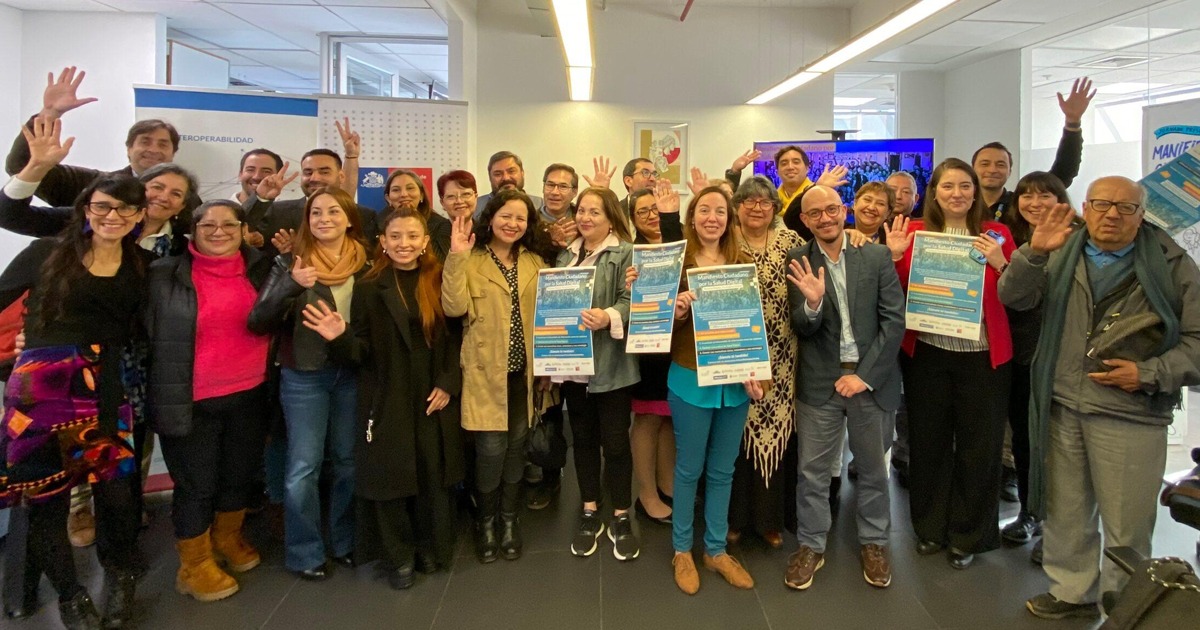In the province of San Luis, Argentina, the primary care program created a strategy for isolation and telemedicine treatment for COVID patients with mild symptoms.
Marcela Weiher, head of the Primary Health Care Program, explained how follow-up works through telemedicine to COVID patients in the department of Juan Martín de Pueyrredón, the capital of the province of San Luis. “The telemedicine area is an area in the capital, which is basically dedicated to the monitoring of patients diagnosed with coronavirus considered with a course of mild disease, that is, that patient who by that clinical presentation of the disease is left at home, who represent 80% of those diagnosed by COVID”.
Weiher explained that “follow-up is not only to monitor clinically through telemedicine the evolution of that patient, if any respiratory complications such as pneumonia appear to proceed to that patient to carry out the transfer to the intermediate or discharge hospital and other studies, but also to advise the patient on the care that has to be done within the home , advise the family, and also comply with the administrative procedures that this disease generates, such as labor certifications, protocols of confirmation of the disease, as an advice”.
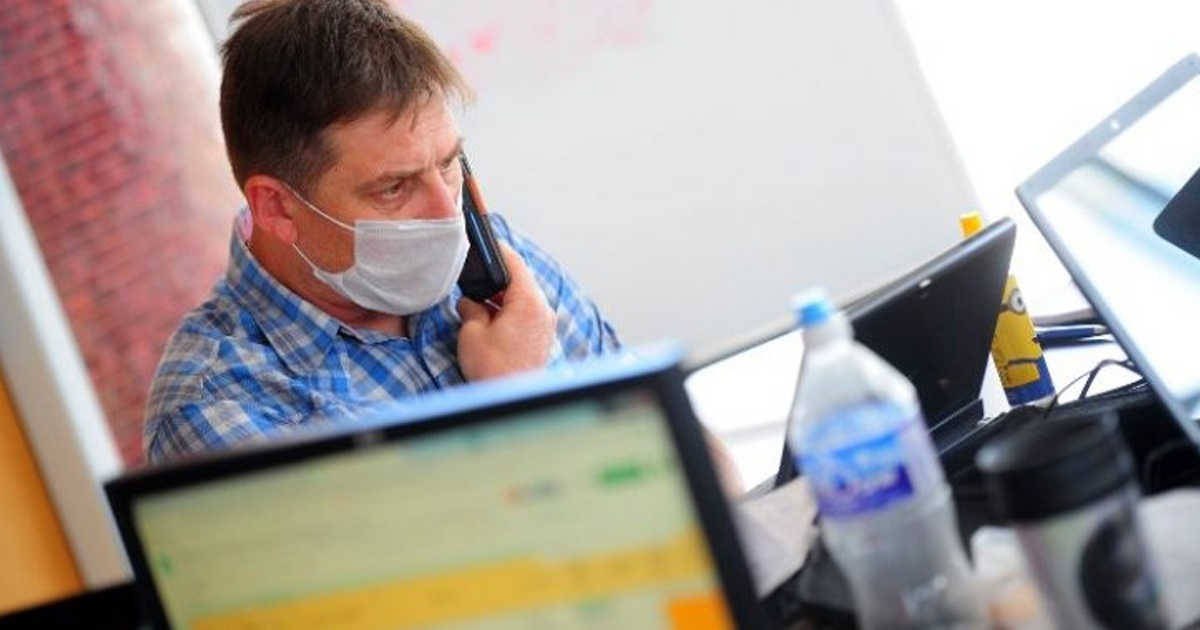
On the other hand, Fernando Vasconi, physician of the telemedicine team explained what the telemedicine team process is like to care for patients: “We start at 8 in the morning at a work desk, where epidemiology passes us positive patients and then we start working with them by phone call or video call, even what we do is interact with all the hospitals and health center of the province to refer the patients who are in your coverage area or your area of influence.” In addition, he said they work Monday through Sunday and make 100 to 150 calls a day to make contact with patients with mild symptoms and positive COVID-19 testing.
Carlos Giménez, a senior in medicine, a collaborator of this telemedicine unit, explained that follow-up is not only clinical, but also delves into the particular situation of patients, their socioeconomic status, or whether they have a person who can bring the medicines home. The team also provides counselling and psychological support for patients in home through teleconsulting.
